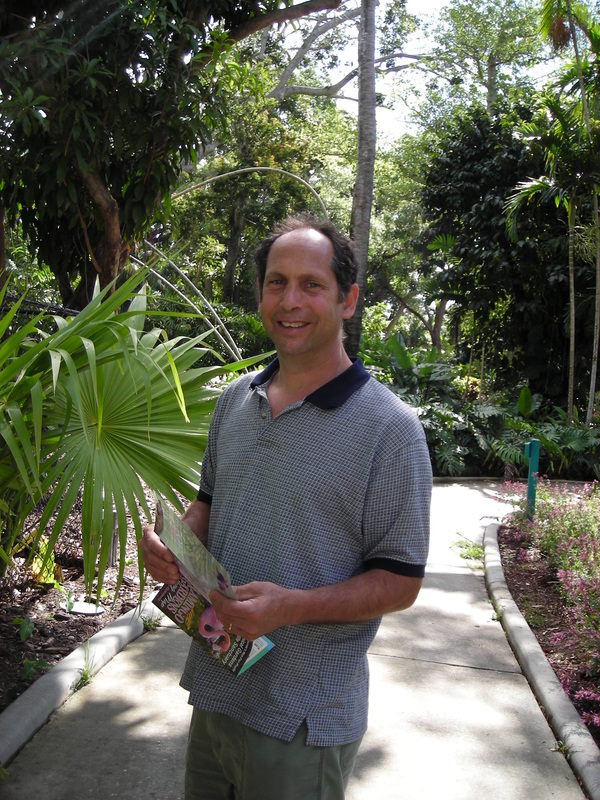A monk said to Unmon, "The brilliance of the Buddha silently illuminates the whole universe. . ."
But before the could finish the verse, Unmon said, "Aren't those the words of Chõetsu the Genius?"
"Yes, they are," answered the monk.
"You have slipped up in your speaking," Unmon said.
Afterward, Shishin Zenji brought up the matter and said, "Tell me, at what point did the monk err in his speaking?"
Mumon's Comment
If you clearly understand this and realize how exacting Unmon was in his method, and what made the monk err in his speaking, you are qualified to be a teacher of heaven and earth.
If you are not yet clear about it, you are far from saving yourself.
Mumon's Verse
A line cast in the rapids,
The greedy will be caught.
Before you start to open your mouth,
Your life is already lost!
This short exchange between Ummon and a monk is the type of exchange that is typical in Sanzen which in the Rinzai Zen tradition of koan practice is usually a short meeting where the student presents an answer to the koan he/she is studding and the teacher gives a short response guiding the student in his/her practice. With some teachers these exchanges are so short that the teacher will do sanzen with each student several times a day during a retreat with as many as 40 students. Sasaki Roshi was like that. Some times the student would enter the room and before he could finish his bows Sasaki would ring his bells sending the student away calling for the next student. This never happened to me but as a student I would try out all sorts of answers in trying to answer my first koans which were all quickly rejected until they were not. As a student one has all sorts of ideas how to answer a koan. Usually a student thinks that if he/she just thinks through the koan clearly he /she will be able to give a proper answer. Yes of course the student must understand the question the koan is asking but thinking alone will not give the answer. Often a student will give some verbal expression of what they think is the deepest understanding of the koan by quoting something out of classic Zen literature. That is what this monk has done and we see it was quickly rejected. There are two things that strike me as wrong, from a teacher's perspective, with what the monk said. One, he is quoting someone else. This is wisdom borrowed from some one else not the monks own expression. It has been said that that all the past sayings of all the great Zen Masters are all just a bunch of crap. They are all digested and second hand. Not fresh, not personal, not being experienced NOW! The other thing wrong with what the student said is that it was an idea and not an expression again of what the student was experiencing in NOW.
Many years ago during one sesshin with Sasaki Roshi I passed several koans. I was sitting very deeply and out of that deep sitting the answers came quickly and naturally. But then at the next several sesshins I could not pass any new koans. I could not even pass the koans I had previously pass. Why? Sure I was filled with new Buddhist wisdom but it was all just intellectual. I knew why I wasn't passing any more koans. I was not sitting deeply enough to pass any koans.

 RSS Feed
RSS Feed